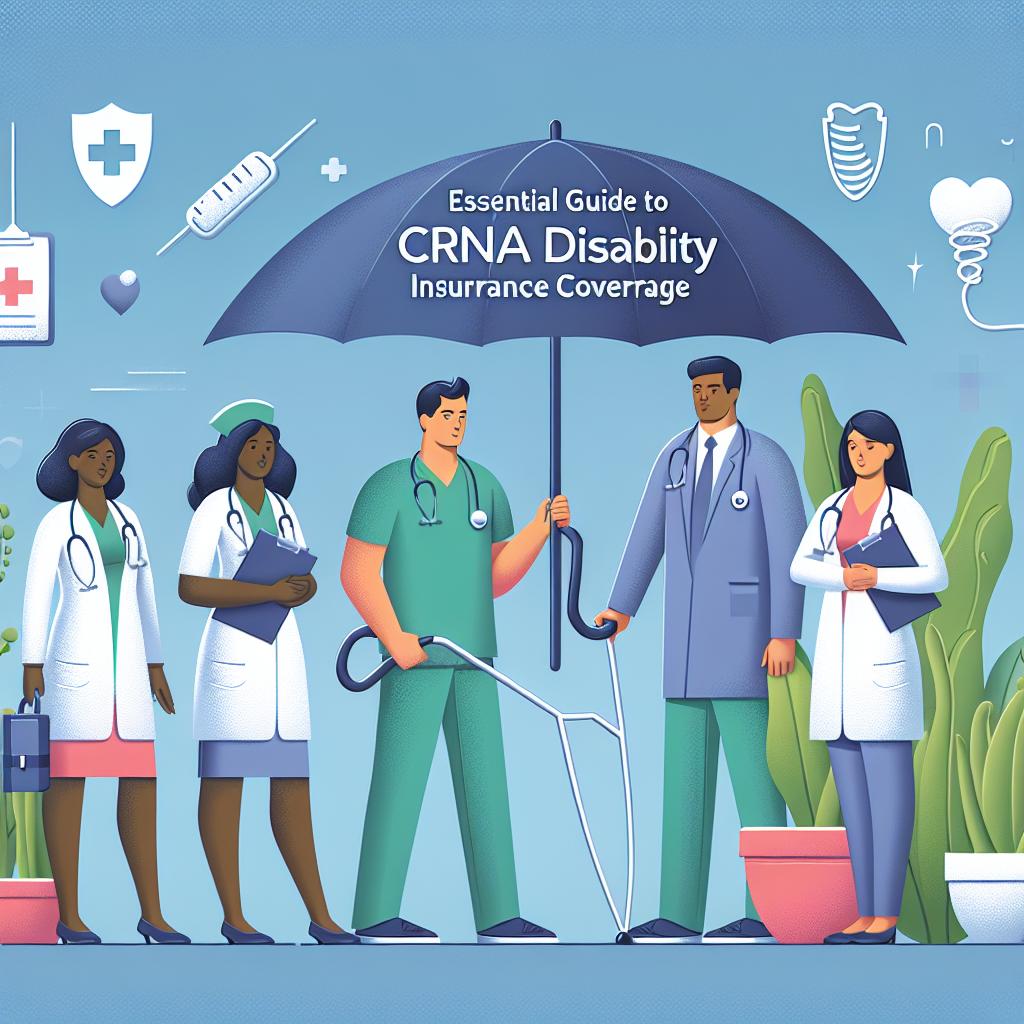Filed under Health Insurance on
Understanding Affidavits for Health Insurance Coverage

In today’s complex and ever-evolving landscape of health insurance, understanding the intricate components that make up your coverage is crucial. One such component that often needs clarification is the affidavit associated with health insurance coverage. Whether you're familiarizing yourself with new insurance documentation or solidifying your understanding of legal jargon, knowing the ins and outs of affidavits can prevent unnecessary complications and ensure seamless, continued healthcare access.
What is an Affidavit?
An affidavit is a written statement confirmed by oath or affirmation, used as evidence in legal proceedings. In the context of health insurance, an affidavit might be required to verify specific conditions of your coverage or eligibility. For instance, you might need to affirm that a dependent qualifies under your policy or declare continual eligibility for specific benefits.
The Role of Affidavits in Health Insurance Coverage
The use of affidavits within health insurance is fundamentally about verification and validation. They serve as formal declarations to support decisions related to policy coverage, benefits, and eligibility. Here’s how affidavits typically play a role in health insurance coverage:
- Dependent Coverage Verification: Many policies require affidavits to verify the status of dependents. For instance, if covering a child beyond a certain age, you might need to provide an affidavit confirming their status as a full-time student or their dependence on you financially.
- Claim Confirmation: Sometimes, insurers require an affidavit to confirm the details of a claim, especially in complex medical situations or when claims history might raise red flags.
- Residency and Employment Status: Certain plans may ask for affidavits to verify residency or employment status to ensure eligibility for local or group-specific plans.
Creating a Health Insurance Affidavit: Key Components
Whether you’re drafting an affidavit for the first time or reviewing the conditions laid out by your insurer, understanding the core components is essential:
- Personal Information: Clearly state your full name, address, and other identifying details.
- Statement of Facts: Descriptively outline the statement you’re verifying. This could be the confirmation of a dependent’s student status or clarifying details for a claim.
- Signature and Notarization: Affidavits must be signed in the presence of a notary public to affirm the veracity of the statement. This makes the affidavit a legally binding document.
Real-Life Example: Navigating Dependent Coverage
Consider Jane, a mother of a 23-year-old college student, Alex. Alex remains a dependent eligible for coverage under Jane's health insurance plan as long as he is a full-time student. At the start of each academic year, Jane's insurer requires an affidavit to confirm Alex's enrollment status. This legal document, supported by enrollment verification from Alex's university, ensures that Alex remains covered, preventing any lapse in coverage during the school year.
Practical Advice for Managing Health Insurance Affidavits
Ensuring that your affidavit process goes smoothly involves a few proactive steps:
- Understand the Requirement: Reach out to your insurance provider to thoroughly understand when affidavits are necessary and what specific information they need. Avoid unnecessary delays by obtaining any supplementary documents upfront, such as tuition bills or employment letters.
- Stay Organized: Keep a dedicated folder – digital or physical – for all affidavit-related paperwork. This includes drafts, notarized copies, and reference documents. It helps in quickly accessing these documents whenever needed.
- Review Regularly: Revisit your affidavit documents annually or with changes in life circumstances. This ensures continuous compliance and makes it easier to tackle renewals or audits.
- Seek Legal Guidance: If unsure about how to draft an affidavit or what it should include, consult with a legal advisor. They can offer guidance and insights specific to your situation.
Challenges and Considerations
Despite their importance, affidavits can be a source of frustration for policyholders. Common challenges include the dependency on external parties for documents or delays in the notarization process. Moreover, the implications of submitting misleading or inaccurate information can lead to denied claims or loss of coverage, emphasizing the need for accuracy and transparency.
Maximizing the Impact of Affidavits in Health Insurance
Affidavits, when accurately completed, benefit all parties involved in the insurance process. For insurers, they provide a legal assurance of the authenticity of claims and conditions. For policyholders, affidavits signify a crucial step in ensuring uninterrupted access to healthcare services and financial protection.
Embracing this dual advantage fosters a trust-based relationship between policyholders and insurers, promoting efficiency and clarity while reducing the potential for disputes. Remember, the key advantage of an affidavit is its ability to confidently affirm eligibility and claim legitimacy, paving the way for successful navigation of the healthcare coverage landscape.
FAQs
Q1: What is the primary purpose of an affidavit in health insurance?
A1: The primary purpose of an affidavit in health insurance is to provide a formal declaration verifying certain facts or conditions necessary for maintaining or validating insurance coverage. This might include confirming the eligibility of dependents or verifying employment or residency status.
Q2: Can an affidavit affect my health insurance claims?
A2: Yes, an affidavit can impact health insurance claims. Inaccurate or misleading information in an affidavit could lead to denied claims or revocation of coverage. Therefore, it is crucial to ensure that all information provided is truthful and accurately reflects the circumstances of your insurance coverage.
Q3: Is notarization required for all health insurance affidavits?
A3: Notarization is typically required for affidavits related to health insurance to make them legally binding. The notary public ensures that the affidavit is signed voluntarily and with a true understanding of its implications.
Q4: How often should I update or review my health insurance affidavits?
A4: You should review or update your health insurance affidavits annually or whenever you experience significant life changes, such as marital status changes, change in dependent status, or employment status. Regular review ensures continuous compliance and accurate insurance coverage.
Q5: What should I do if I'm unsure about the details needed for a health insurance affidavit?
A5: If uncertain about the details required for a health insurance affidavit, it’s advisable to contact your health insurance provider for specific guidance or consult with a legal professional. They can offer tailored advice and assist in accurately drafting the affidavit.





